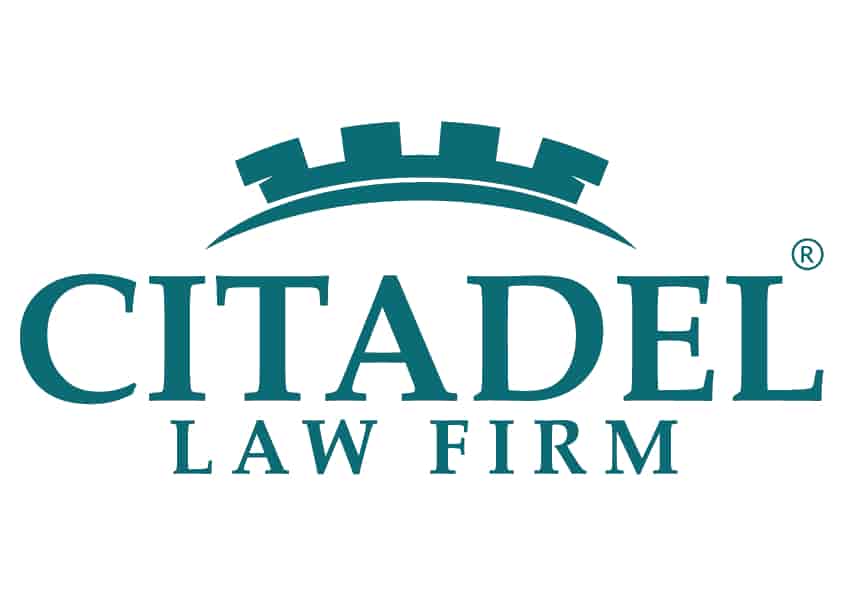 Is Life Insurance Worth It? A Clear, Practical Guide for Families and Individuals
Is Life Insurance Worth It? A Clear, Practical Guide for Families and Individuals
Life insurance is worth it for most people, especially anyone with children, dependents, debt, a mortgage, or a partner who relies on their income. Term life insurance offers the best value and is affordable, while whole life and universal life provide long-term benefits but come at a higher cost. Life insurance becomes especially valuable when integrated into an estate plan, helping families replace income, pay off debts, fund a trust, cover taxes, and protect loved ones financially.
What Is Life Insurance and How Does It Work?
Life insurance is a contract where you pay premiums, and in return, the insurance company pays a death benefit to your beneficiaries after you pass away. It provides financial security at a time when your loved ones need it most.
Term Life Insurance
- Covers a set period (10, 20, or 30 years)
- Affordable
- Best for families needing temporary coverage—mortgages, children, income replacement
Whole Life Insurance
- Covers your entire lifetime
- Builds cash value
- Considered a long-term financial tool
Universal Life Insurance
- Lifetime coverage
- Flexible premiums
- Investment component, but more complex
Key Entities
- Premiums
- Death benefit
- Beneficiary
- Cash value
- Riders (add-ons)
Understanding these terms helps you see the real value of life insurance.
When Life Insurance Is Absolutely Worth It
Life insurance becomes incredibly valuable when people depend on you, financially or emotionally. Here are the most common scenarios where it is unquestionably worth having.
You Have Children or Dependents
Life insurance ensures children can keep their home, continue school, and receive support, even if something happens to you.
You Have a Mortgage or Large Debts
A policy can pay off:
- Mortgages
- Car loans
- Student loans
- Credit card debt
Your family won’t be left struggling to cover bills.
You Are the Primary Earner
If your income supports the household, losing it unexpectedly could be devastating. Life insurance replaces lost income.
You Want to Protect a Stay-At-Home Parent
A stay-at-home parent contributes valuable labor. Replacing childcare, transportation, cooking, and home care is expensive.
You Want Tax-Free Wealth Transfer
The death benefit from life insurance is generally tax-free, making it an efficient way to leave money behind.
You Want to Protect a Business
Life insurance can fund buy-sell agreements, replace lost leadership, or help the business survive a transition.
When Life Insurance May Not Be Necessary
There are cases where life insurance may not be urgent.
You Have No Dependents
If no one relies on your income, you may need only minimal coverage.
You Have Substantial Assets
High assets, passive income, or a fully paid home may reduce the need.
You Already Have Sufficient Employer Coverage
Group life insurance may be enough—but confirm the amount.
You Are Retired With a Strong Estate Plan
Some retirees may not need new coverage, depending on their goals.
Benefits of Life Insurance (Why It’s Worth It for Most People)
Life insurance provides far more than a payout—it creates stability, protects families, and supports lifelong planning.
Financial Protection for Loved Ones
Your family can maintain their lifestyle and meet essential needs.
Coverage for End-of-Life Costs
Funeral expenses and medical bills can cost thousands.
Income Replacement
One of the most important benefits—ensuring your spouse, children, or aging parents can continue living comfortably.
Tax-Free Death Benefit
Most payouts are not taxable, making them highly efficient.
Estate Planning Benefits
Life insurance can:
- Fund a trust
- Pay estate taxes
- Equalize inheritance
- Provide liquidity
- Protect a business
Support your estate strategy with the right legal documents. Learn more about essential estate planning documents that work alongside life insurance.
Types of Life Insurance and Which One Is Worth It
Term Life Insurance – Best Value for Most Families
- Lowest cost
- High coverage amounts
- Good for temporary needs
Example: Protecting your children until they graduate.
Whole Life Insurance – Worth It in Specific Situations
- Lifetime coverage
- Cash value savings component
- Good for wealth-building and long-term planning
Often used by:
- High-income families
- Business owners
- Parents planning for special needs children
Universal Life Insurance – Flexible But Complex
Works well for people needing policy flexibility.
Final Expense Insurance – Small Coverage, Higher Cost
A small policy for seniors who want to ease funeral expenses.
How Much Life Insurance Costs: Clear, Simple Examples
Premiums vary based on:
- Age
- Health
- Gender
- Smoking status
- Policy type
- Coverage amount
Term Life Example (Healthy 35-year-old male, $500k coverage)
- Term 20 years: ~$25–$35/month
- Term 30 years: ~$35–$50/month
Whole Life Example
- ~$150–$300+ per month for $250k coverage
What Affects Your Premium?
- Pre-existing conditions
- Family history
- High-risk hobbies
- Coverage amount
- Policy riders
Younger, healthier people pay significantly less.
Life Insurance and Estate Planning: Why They Work Best Together
Life insurance becomes far more valuable when integrated into your estate plan.
Funding a Trust
A policy can pour into:
- A living trust
- A special needs trust
- A children’s trust
Paying Estate Taxes
Insurance provides cash to cover taxes without selling assets.
Equalizing Inheritance
Example:
- One child receives the family business.
- Other children receive the insurance payout.
Providing Liquidity
Life insurance gives heirs cash while probate is underway.
Supporting a Special Needs Dependent
A life insurance-funded special needs trust protects benefits.
If you’re planning your estate, life insurance is one of the most powerful tools available.
Mistakes People Make When Buying Life Insurance
Avoid common errors:
- Buying Too Little Coverage
A $50k policy won’t support a family long-term.
- Buying the Wrong Policy Type
Some people buy whole life when term life is enough or the opposite.
- Waiting Too Long
Premiums rise significantly with age.
- Relying Only on Employer Insurance
Employer policies disappear when you change jobs.
- Not Updating Beneficiaries
Outdated beneficiaries can cause major legal problems.
FAQs: Is Life Insurance Worth It?
1. What is the biggest benefit of life insurance?
Financial security for your loved ones.
2. Is whole life really worth the money?
Yes, for certain goals like lifetime coverage or cash value growth.
3. How much coverage do I need?
Most families need 5–10 times their annual income.
4. Does life insurance pay out immediately?
Most claims are paid within 30–60 days.
5. Is life insurance taxable?
Most death benefits are tax-free.
6. Is life insurance worth it after 50?
Often yes, especially for debt, dependents, or final expenses.
How to Decide If Life Insurance Is Worth It for You (Checklist)
You likely need life insurance if you:
✔ Have children
✔ Have a spouse or partner who depends on your income
✔ Have a mortgage or loans
✔ Want to leave tax-free money behind
✔ Want to protect a business
✔ Care for aging parents
✔ Want structured estate planning
Final Recommendation
Life insurance is absolutely worth it for most families.
It is one of the simplest and most cost-effective ways to protect loved ones, secure financial stability, and strengthen your long-term estate plan.
Work With an Estate Planning Attorney Today
Choosing the right life insurance policy becomes much easier when paired with a clear estate plan. If you want to understand how life insurance supports your will, trust, and long-term goals, our attorneys can help.

